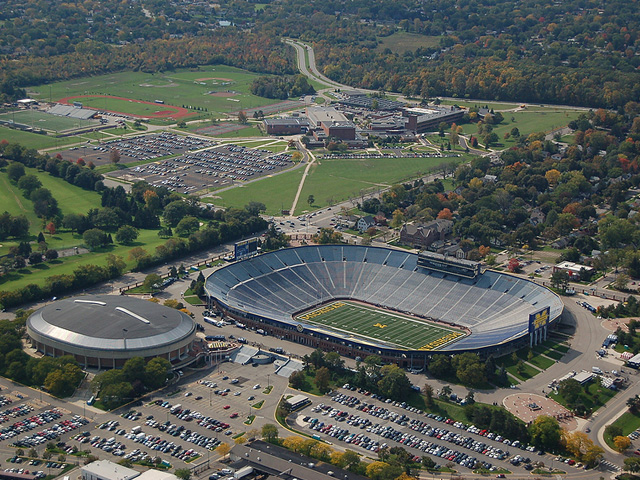Fabrication/Welding Technology programs prepare students for employment in industries by applying advanced technology to manufacturing methods, processes, and quality control. An emphasis is placed on understanding basic processes and applications utilized in industrial fabrication with intensive lab experience to ensure a working knowledge of measurement, production, product and process control and quality assurance. The programs apply problem solving and teamwork to fabrication using hands-on application of principles and technologies to the ever-changing industrial environment.
Students in the welding option learn to use manual welding and flame-cutting equipment, such as shielded metal arc welders, gas metal welders, flux cored arc welders, gas tungsten arc welders, plasma arc cutting equipment, and gas torches to cut, fit, and weld together metal components. Employment opportunities are diverse; 60 percent of manufactured goods utilize welded components, from metal computer chassis to automobile chassis, clean room piping to natural gas pipelines, sheet metal ductwork to boilers and pressure vessels, artwork to aircraft, and drift-boats to supertankers. Graduates of the program typically begin work in either light or heavy metal fabrication as welders and/or fabricators, but may qualify for several types of positions in industry such as structural fabrication, welding and fitting layout, machinery fabrication, automatic and semi-automatic welding, automatic flame or plasma cutting, plant maintenance, millwright welding, pipe welding, quality assurance, or industrial safety positions.

















